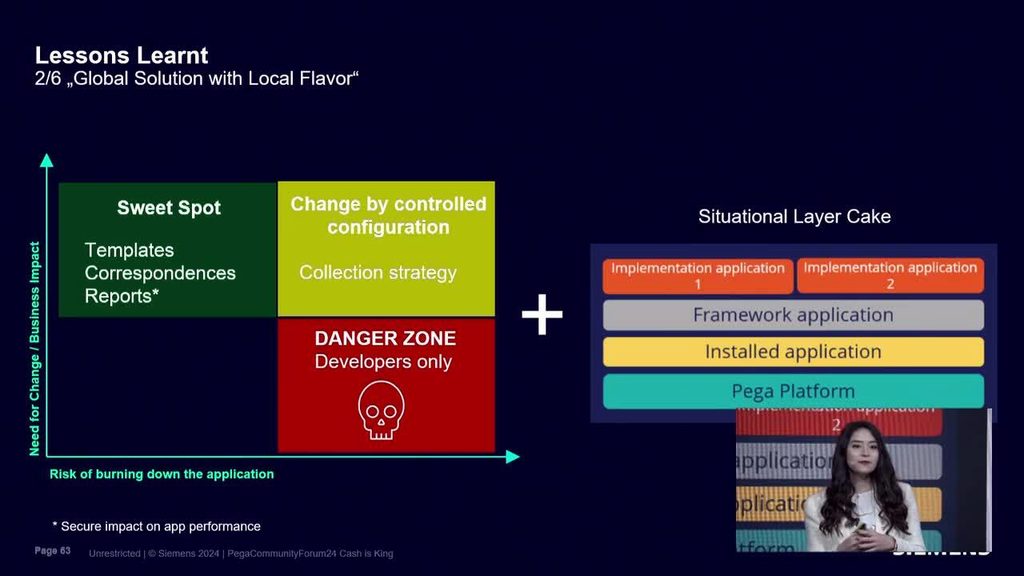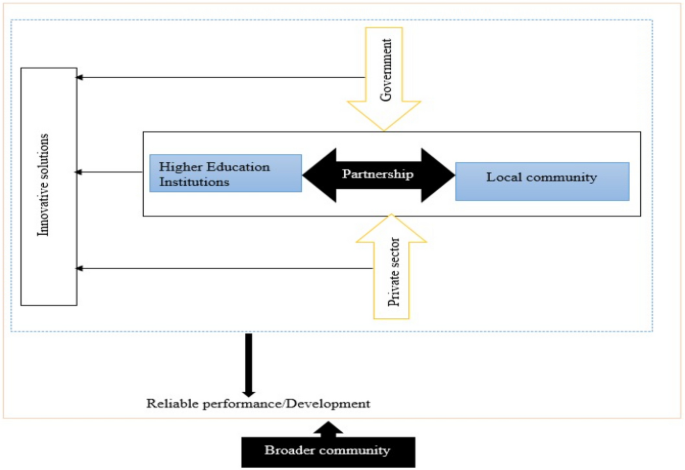Mastering the Embauche Déclaration Unique (DUE): A Definitive Guide for Seamless Hiring
Navigating the complexities of hiring can be a daunting task. The Embauche Déclaration Unique (DUE), a crucial administrative procedure, simplifies this process for employers in France. This comprehensive guide will delve deep into the intricacies of the DUE, providing you with the knowledge and understanding necessary to streamline your recruitment efforts, ensure full compliance with legal requirements, and ultimately save valuable time and resources. Prepare to unlock the full potential of this unified declaration and transform your approach to onboarding new employees.
Understanding the Core of the Déclaration Unique d'Embauche
At its heart, the Déclaration Unique d'Embauche (DUE) serves as a single, streamlined declaration that employers in France are legally obligated to submit when hiring a new employee. This unified procedure consolidates several previously separate administrative formalities into one efficient online process. By submitting a single DUE, employers fulfill their obligations to various organizations simultaneously, significantly reducing paperwork and administrative burden. This simplification is a cornerstone of modern French employment administration, designed to foster efficiency and transparency in the labor market.
- It replaces multiple declarations to different entities.
- It is primarily an online procedure, promoting speed and accuracy.
- It covers essential aspects of the employment relationship from the outset.
Who Needs to File a DUE? Identifying Employer Obligations
The obligation to file a Déclaration Unique d'Embauche applies to virtually all employers in France who hire employees under a contract of employment, regardless of the contract's nature (e.g., permanent, fixed-term, apprenticeship). This broad scope underscores the importance of understanding the DUE process for any business operating within the French legal framework. Whether you are a small startup hiring your first employee or a large corporation onboarding numerous individuals, the DUE is a mandatory step in ensuring legal compliance and establishing the employment relationship correctly. Certain specific exemptions may exist in very niche circumstances, but generally, any hiring activity triggers the DUE requirement.
Key employer types concerned include:
- Small and Medium-sized Enterprises (SMEs)
- Large corporations
- Associations and non-profit organizations employing staff
- Individual employers (for certain types of employment)
Timeliness is Key: When Must the DUE Be Submitted?
Adhering to the stipulated deadlines for submitting the Déclaration Unique d'Embauche is absolutely crucial to avoid potential penalties and ensure compliance. The general rule is that the DUE must be transmitted prior to the employee's actual start date of employment. This proactive approach allows the relevant authorities to be informed of the new hire before they commence their duties. In exceptional circumstances where prior declaration is genuinely impossible (e.g., last-minute replacement), the declaration must be submitted no later than the end of the employee's first working day. However, relying on this exception should be avoided as standard practice. Prompt and timely submission demonstrates diligence and ensures a smooth onboarding process.
Remember these critical timelines:
- Ideally: Before the employee begins working.
- Absolute latest (exceptional cases): By the end of the first working day.
Essential Data: Information Needed for a Complete DUE
Preparing a comprehensive and accurate Déclaration Unique d'Embauche requires gathering specific information about both the employer and the new employee. Accuracy is paramount to avoid errors and potential delays in processing. Having all the necessary details readily available will streamline the online submission process. Here's a breakdown of the key information categories you will need:
Employer Information:

- Legal name and business address
- SIRET number (Système d'Identification du Répertoire des Établissements) – the unique identification number for your establishment
- APE code (Activité Principale Exercée) or NAF code (Nomenclature d'Activités Française) – identifying your primary business activity
- Details of the applicable collective bargaining agreement (if any)
- Contact information (phone number, email address)
Employee Information:

- Full name (including maiden name, if applicable)
- Date and place of birth
- Nationality
- Social Security number (Numéro de Sécurité Sociale – NIR)
- Home address

Employment Contract Details:
- Type of employment contract (e.g., CDI – permanent contract, CDD – fixed-term contract)
- Start date of employment
- Job title and professional category
- Working hours (full-time or part-time, specific schedule if applicable)
- Remuneration details (salary, basis of payment)
- Probationary period (if applicable and its duration)
- Name and address of the relevant health insurance fund

Step-by-Step Guide: Submitting Your Déclaration Unique d'Embauche
The primary method for submitting the Déclaration Unique d'Embauche is online, through the dedicated portal provided by the French authorities. While the exact interface might evolve, the general steps remain consistent. Familiarizing yourself with this process will ensure a smooth and efficient declaration.
- Access the Official Online Portal: Navigate to the official website designated for the DUE submission. This is typically managed by the URSSAF (Union de Recouvrement des Cotisations de Sécurité Sociale et d'Allocations Familiales) or a similar government agency. Ensure you are using the correct and up-to-date web address.
- Create an Account or Log In: If you are a first-time user, you will likely need to create an employer account. Follow the on-screen instructions to register your business. If you already have an account, simply log in using your credentials.
- Initiate a New DUE: Once logged in, locate the option to start a new "Déclaration Unique d'Embauche" or similar.
- Enter Employer Information: Carefully fill in all the required details about your company, as outlined in the "Information Required" section. Double-check the accuracy of your SIRET and APE codes.
- Enter Employee Information: Provide all the necessary personal details of the new employee. Ensure the Social Security number and date of birth are entered correctly.
- Specify Contract Details: Accurately input all the terms and conditions of the employment contract, including the type of contract, start date, job title, working hours, and remuneration.
- Review and Verify: Before submitting, meticulously review all the entered information for any errors or omissions. Mistakes can lead to processing delays or compliance issues.
- Submit the DUE: Once you are confident that all the information is correct, proceed with the online submission. You will typically receive a confirmation of receipt.
- Keep a Record: It is essential to save or print a copy of the submitted DUE for your records. This serves as proof of your declaration.

In some limited cases, alternative methods of submission might be available, but the online portal is the standard and most efficient approach.
Unlocking Efficiency: The Advantages of the Déclaration Unique d'Embauche
The implementation of the Déclaration Unique d'Embauche has brought numerous benefits to employers, streamlining the hiring process and reducing administrative complexities. Understanding these advantages can further highlight the importance of adhering to this unified procedure.
- Significant Time Savings: By consolidating multiple declarations into one, the DUE drastically reduces the time spent on paperwork and administrative tasks associated with hiring.
- Reduced Administrative Burden: Employers no longer need to navigate separate forms and submission processes for different organizations.
- Improved Accuracy: A single point of data entry minimizes the risk of errors and inconsistencies that can occur when filling out multiple forms.
- Simplified Compliance: The DUE ensures that employers fulfill their obligations to various entities (e.g., URSSAF, Pôle Emploi, health insurance funds) through a single action, reducing the likelihood of non-compliance.
- Faster Processing: Online submission allows for quicker processing of the declaration by the relevant authorities.
- Enhanced Efficiency: The overall hiring process becomes more efficient, allowing HR departments and business owners to focus on other strategic activities.
Avoiding Pitfalls: The Repercussions of Non-Compliance with DUE Regulations
Failure to submit a Déclaration Unique d'Embauche within the stipulated timeframe or providing inaccurate information can lead to significant consequences for employers. Understanding these potential penalties underscores the critical importance of adhering to the DUE regulations.
- Financial Penalties: The most common consequence of non-compliance is the imposition of financial penalties by the relevant authorities. The amount of these penalties can vary depending on the severity and duration of the non-compliance.
- Legal Repercussions: In more serious cases of repeated or intentional non-compliance, employers may face legal action.
- Delays in Employee Benefits: Failure to properly declare an employee can lead to delays in their access to social security benefits, which can negatively impact employee relations.
- Increased Scrutiny: Non-compliance can trigger increased scrutiny from labor authorities, potentially leading to audits and further investigations.
- Reputational Damage: Failure to comply with legal obligations can harm an employer's reputation and make it more difficult to attract and retain talent.
Therefore, ensuring timely and accurate submission of the DUE is not just an administrative formality but a crucial aspect of responsible business practice.
Keeping Abreast: Staying Informed About DUE Updates and Changes
The regulatory landscape surrounding employment law and administrative procedures can evolve. Therefore, it is essential for employers to stay informed about any updates or changes related to the Déclaration Unique d'Embauche. Regularly checking official government websites, subscribing to legal updates, and consulting with HR professionals or legal counsel can help ensure ongoing compliance.
Key sources of information include:
- The official websites of the URSSAF and other relevant government agencies.
- Official government gazettes and publications.
- Reputable HR and legal news sources.
- Professional organizations and employer associations.

Proactive awareness of any modifications to the DUE process will help you maintain compliance and avoid potential issues.
The Déclaration Unique d'Embauche: Your Partner in Efficient Hiring
In conclusion, the Déclaration Unique d'Embauche (DUE) is a fundamental component of the hiring process in France. By understanding its purpose, adhering to the procedures, and ensuring timely and accurate submission, employers can significantly streamline their administrative tasks, ensure full legal compliance, and focus on building a strong and productive workforce. This comprehensive guide has provided you with the essential knowledge to navigate the DUE effectively. Embrace this unified declaration as a valuable tool in your recruitment strategy and experience the benefits of simplified and efficient hiring.
Comments
Post a Comment